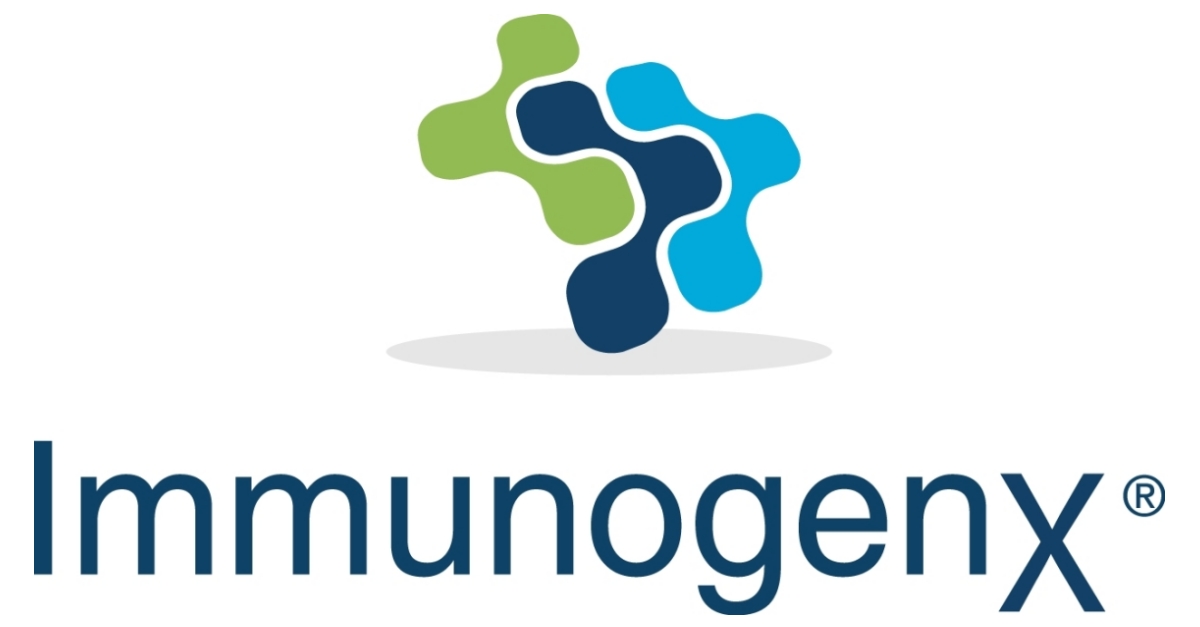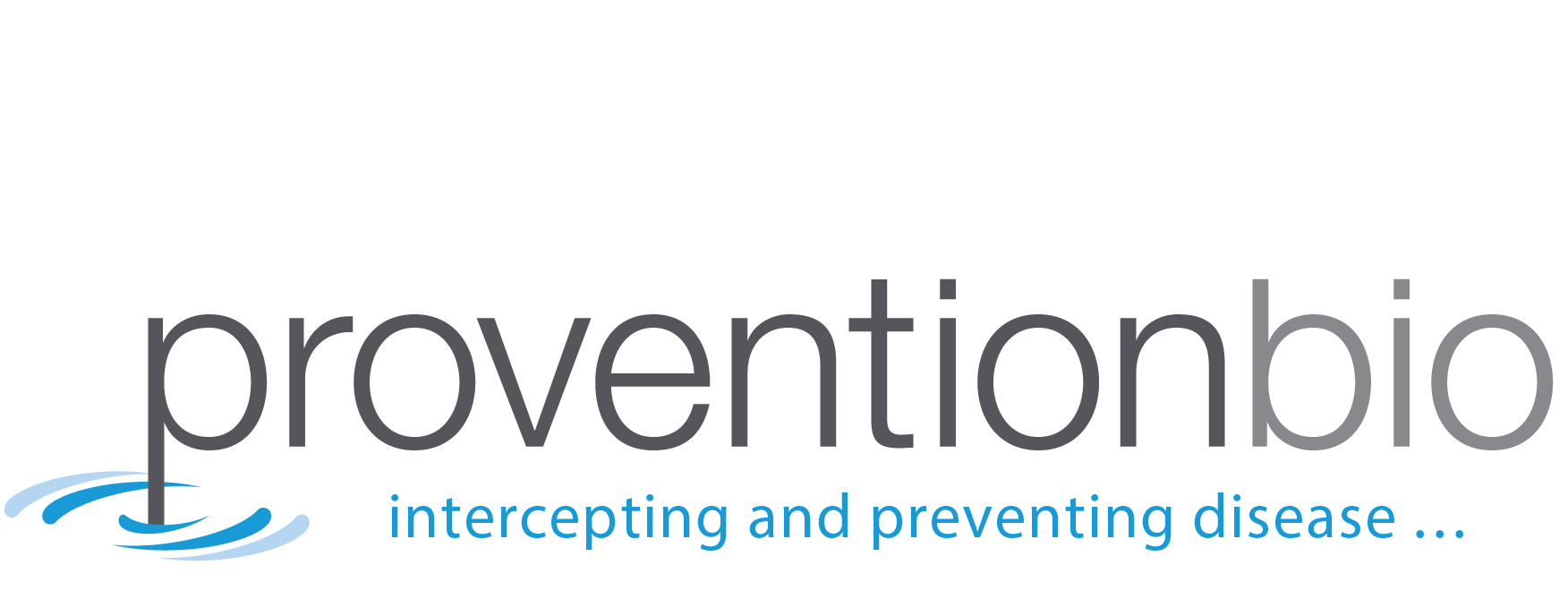To achieve our common goals -improved diagnosis, treatments, and a cure for celiac disease- we need the full engagement of our federal health agencies, especially the National Institutes of Health (NIH). The only way to mobilize NIH to take action on celiac disease is to convince Members of Congress that celiac disease needs to be treated as a federal priority. In 2019, the Celiac Disease Foundation was invited to testify before the House Appropriations Subcommittee on the need for NIH funding for celiac disease research. We worked to secure FY2020 budget report language directing NIH to study celiac disease. While this was monumental, it was only the beginning. With our Capitol Hill Advocacy Day and National Celiac Disease Patient Advocacy Summit in Washington, DC, on February 26th and 27th, we have taken the next critical steps in our continued advocacy movement for celiac disease.
On Wednesday, February 26th, a small group of celiac disease patient advocates walked Capitol Hill and met with staffers of key Appropriators on both the House and Senate sides of Congress. At each meeting, these patient advocates shared their personal celiac disease story and asked that each Congressional Member support FY2021 NIH Appropriations for celiac disease research funding as well as the Gluten in Medicine Disclosure Act.
On Thursday, February 27th, a much larger group convened for our first annual National Celiac Disease Patient Advocacy Summit. More than 70 advocates heard from Congressional staff members, leading celiac disease researchers, biopharma executives in the celiac disease space, FDA representatives, and our Washington, DC, advocacy team over the course of a six-hour meeting. Advocates left energized and prepared to advocate for celiac disease public policy priorities to their respective Congressional Members in their home states, and to organize their own patient communities to do the same.
Since our founding in 1990, the Celiac Disease Foundation has played a key role in achieving federal recognition of celiac disease, improving diagnostic tools, and accelerating research for better treatments and a cure. Now, we are well on the way to assembling a grassroots advocacy team that can help make celiac disease a national priority in communities across the country. For more information on how you can become a Celiac Disease Foundation State Advocacy Ambassador, please visit celiac.org/becomeastateadvocate.





